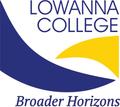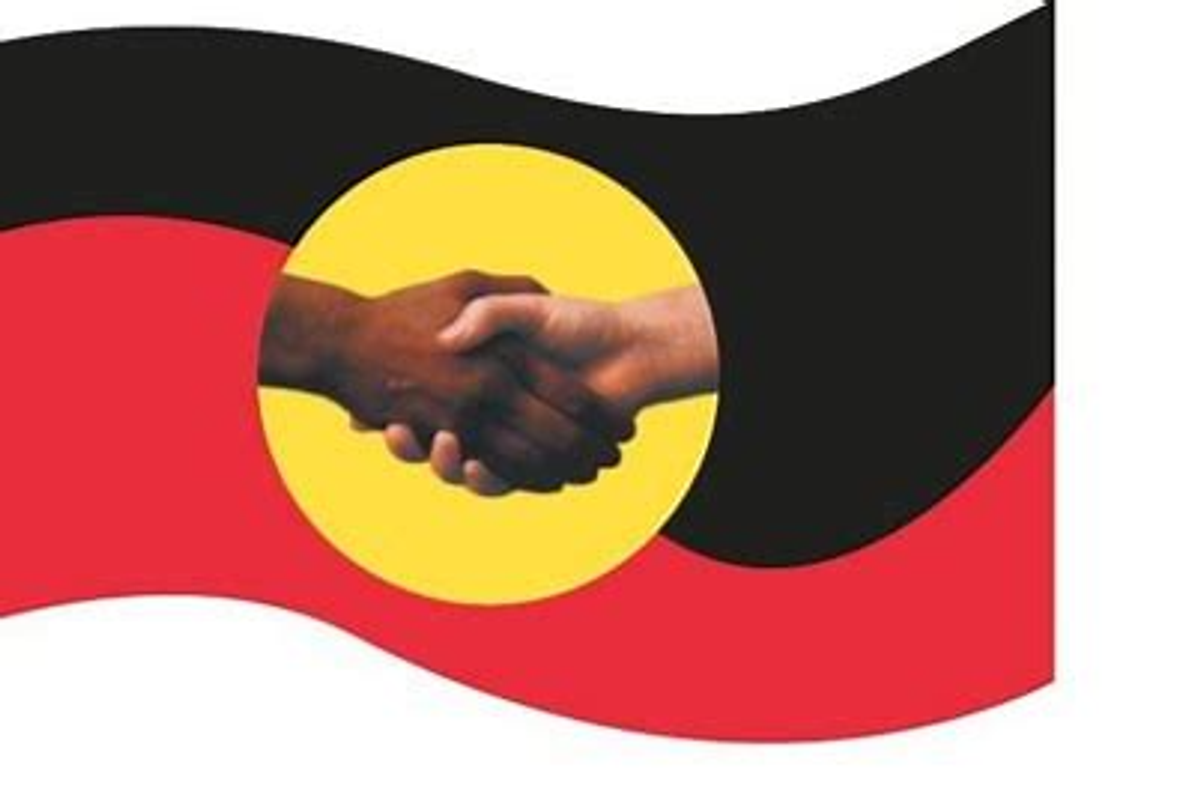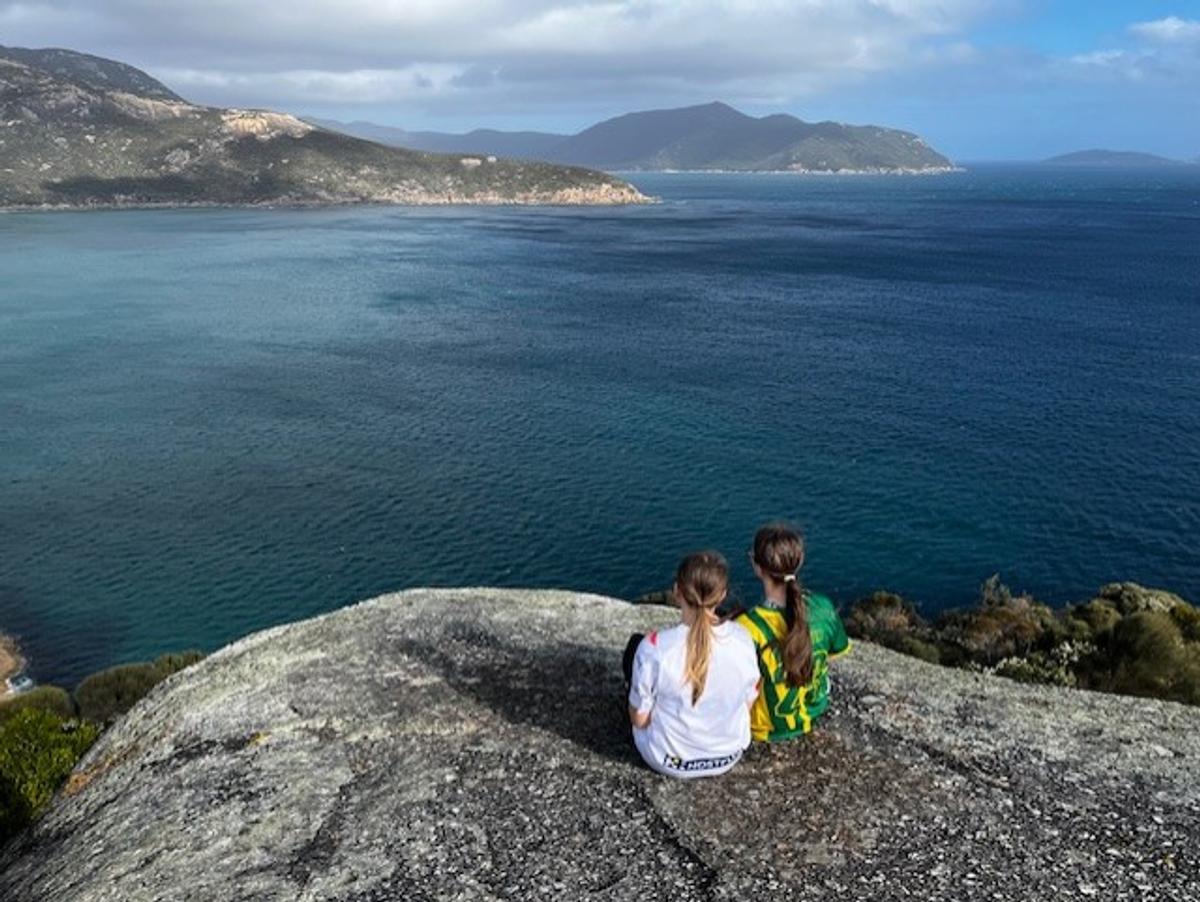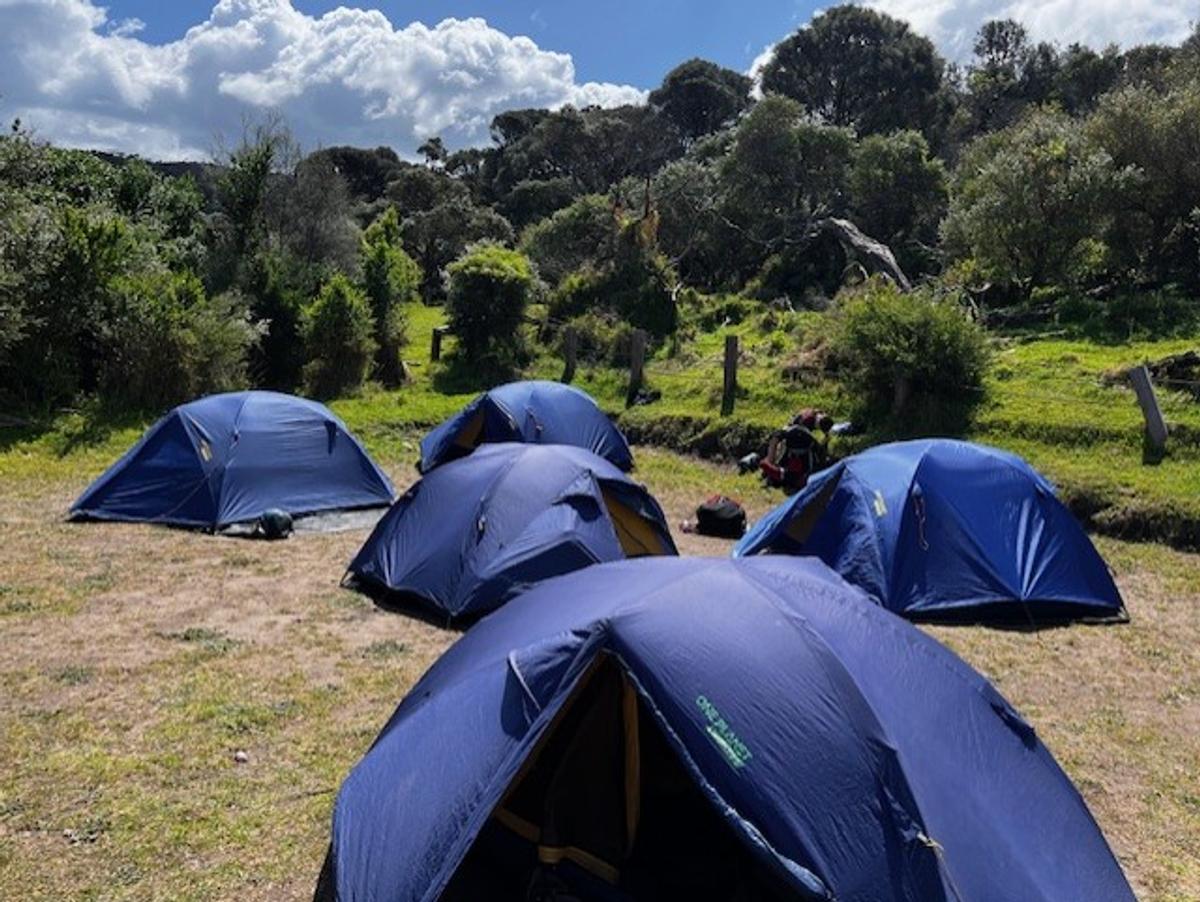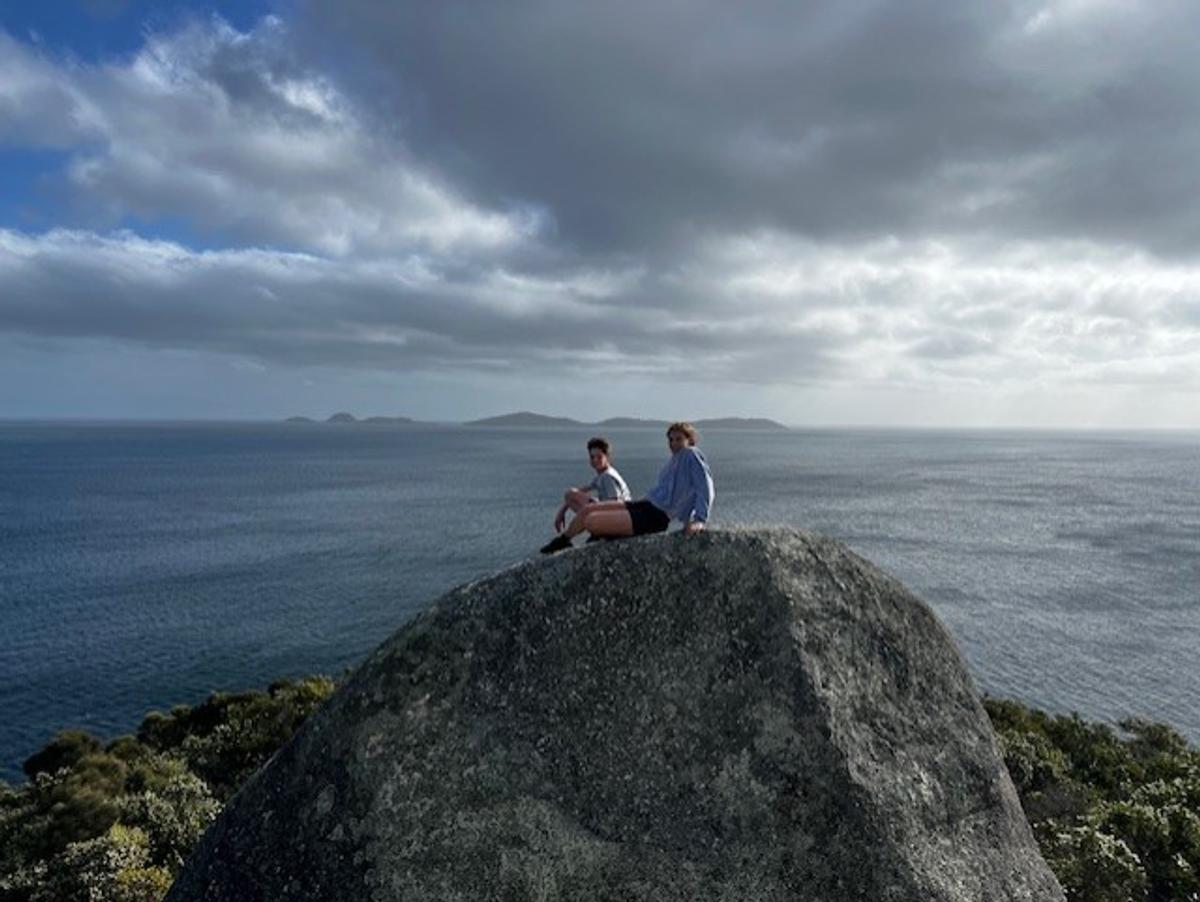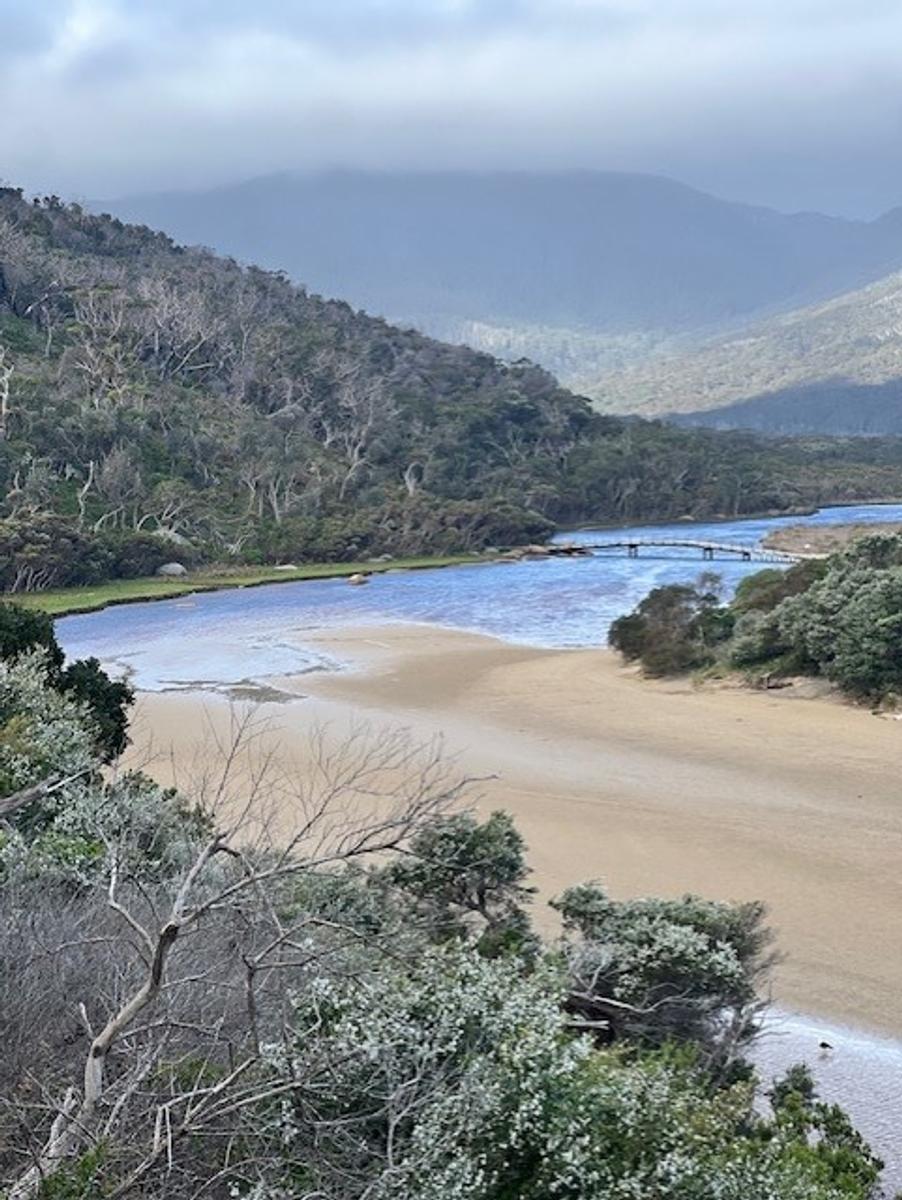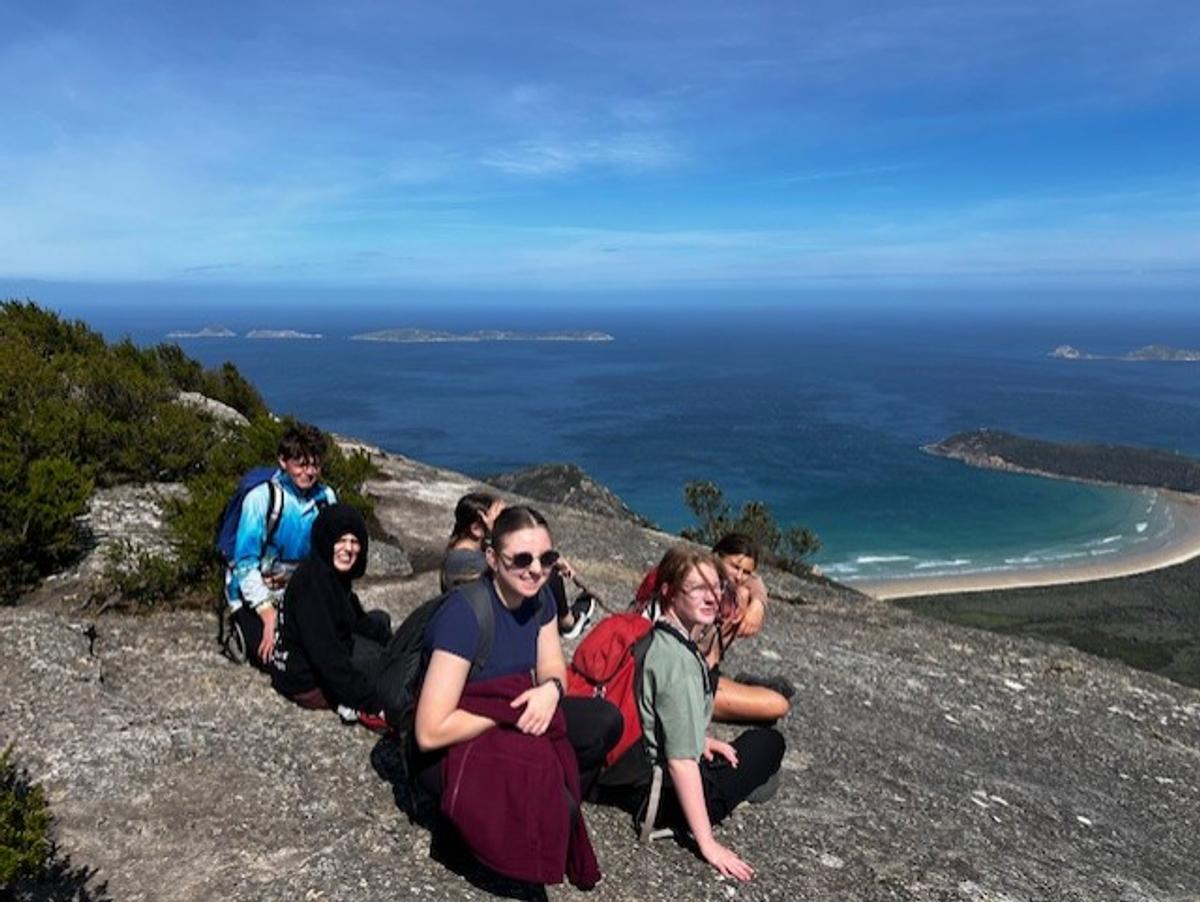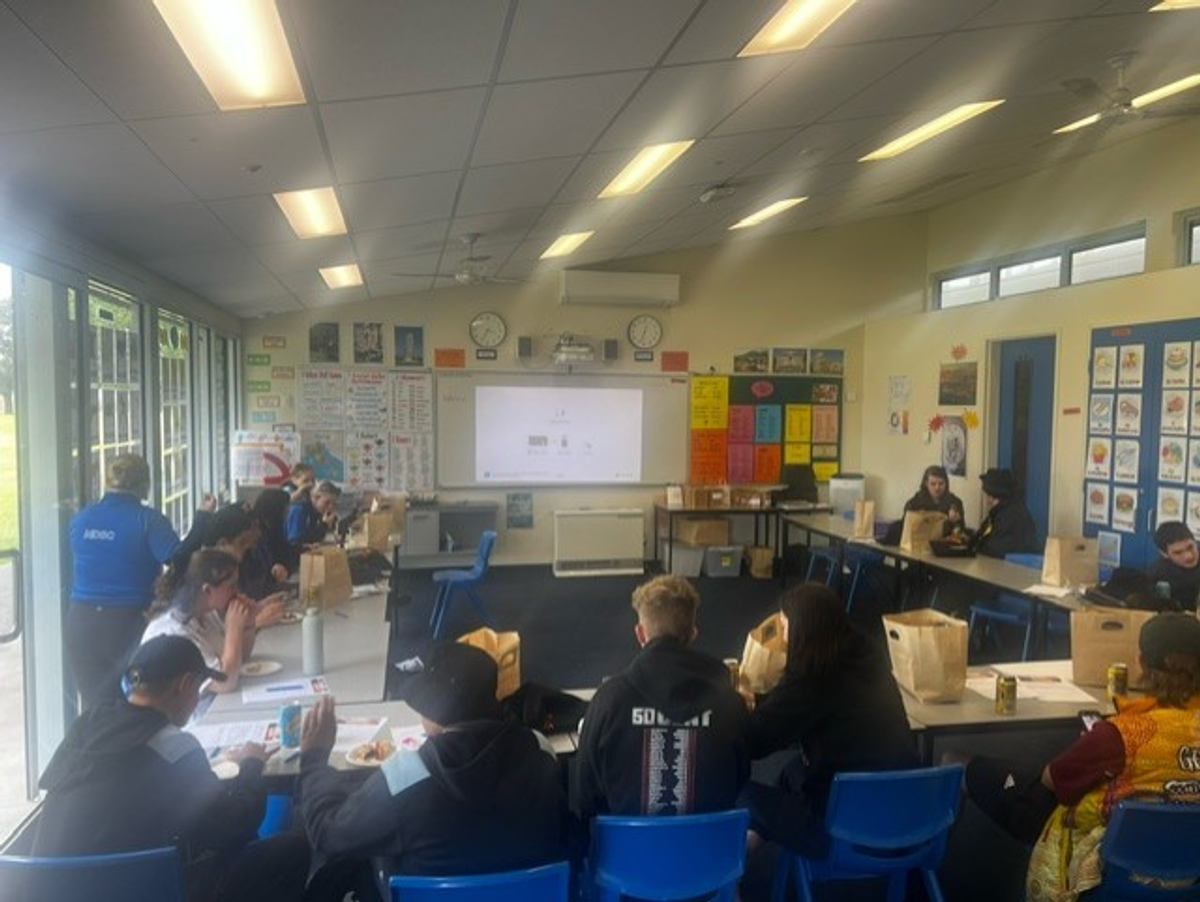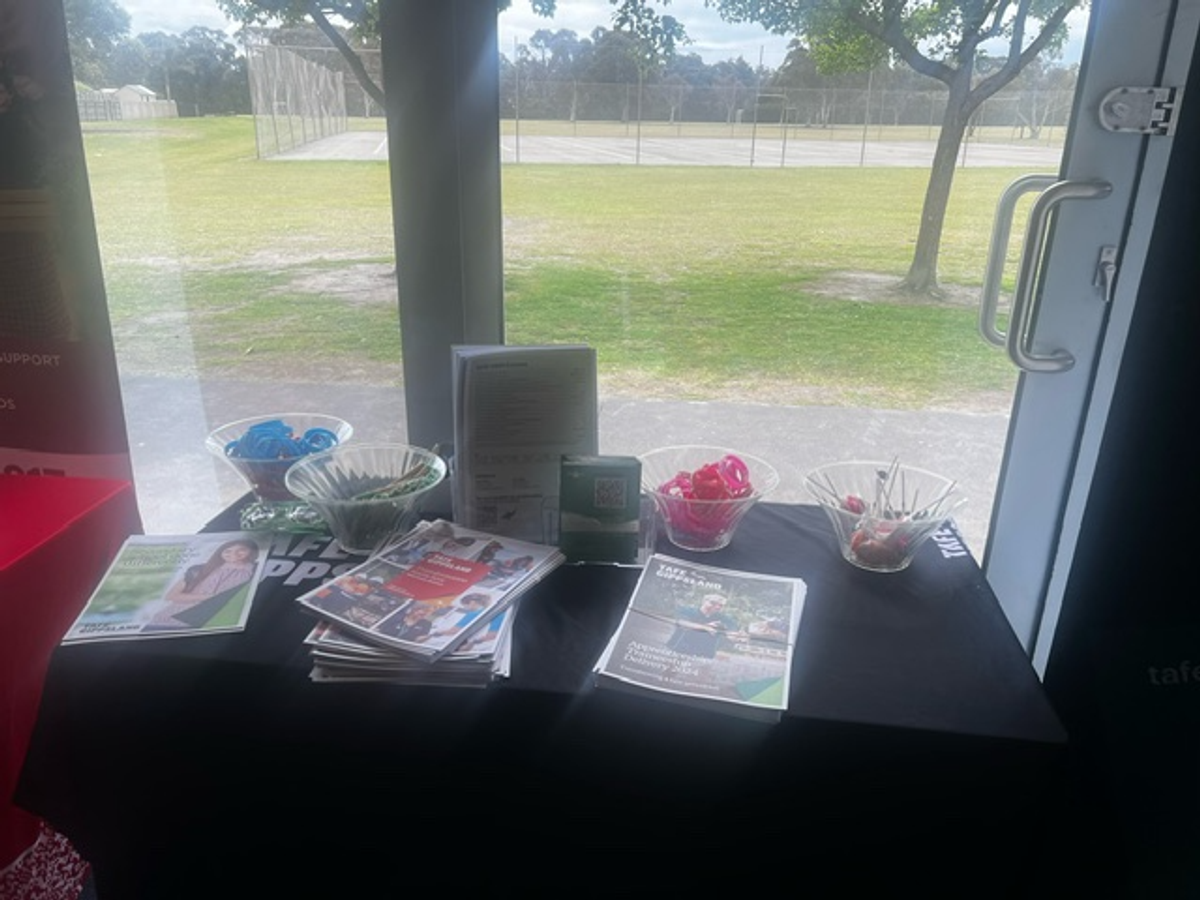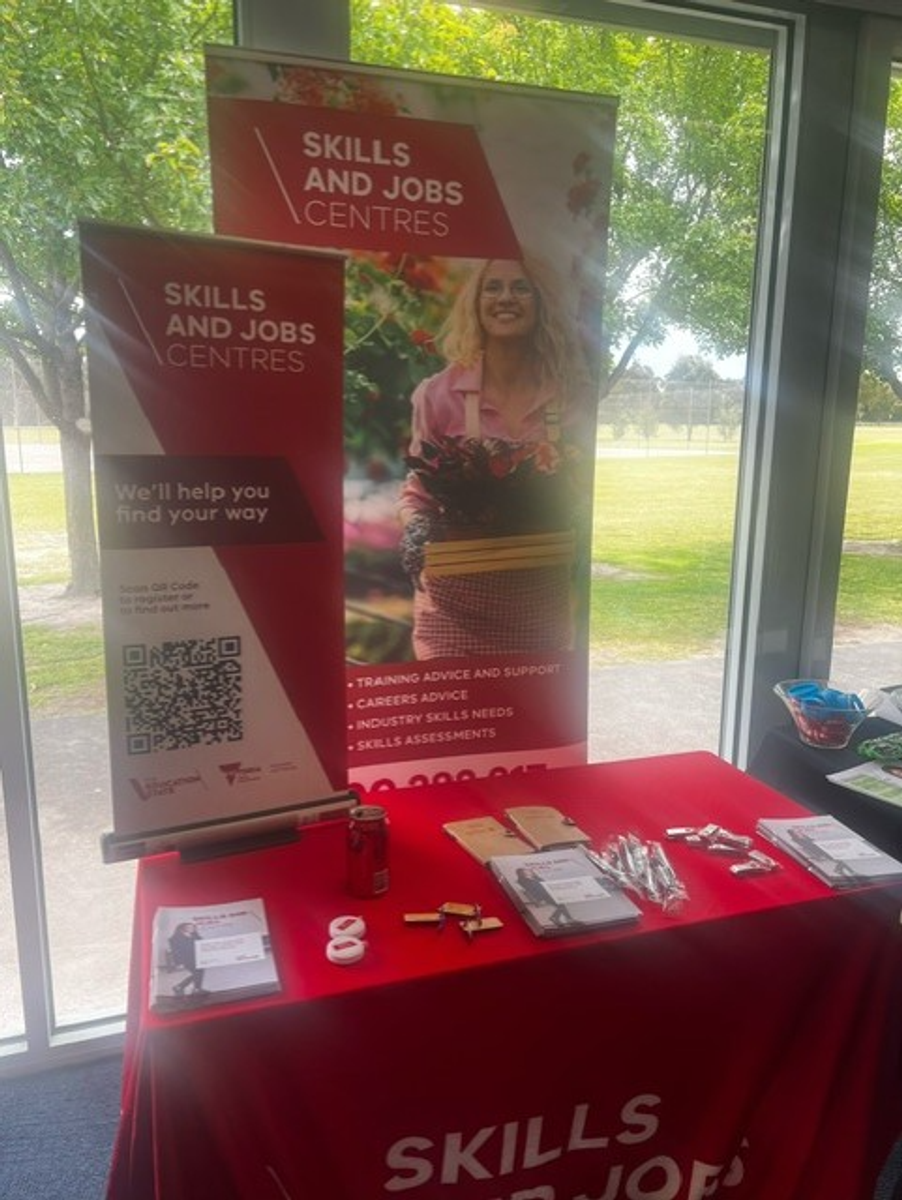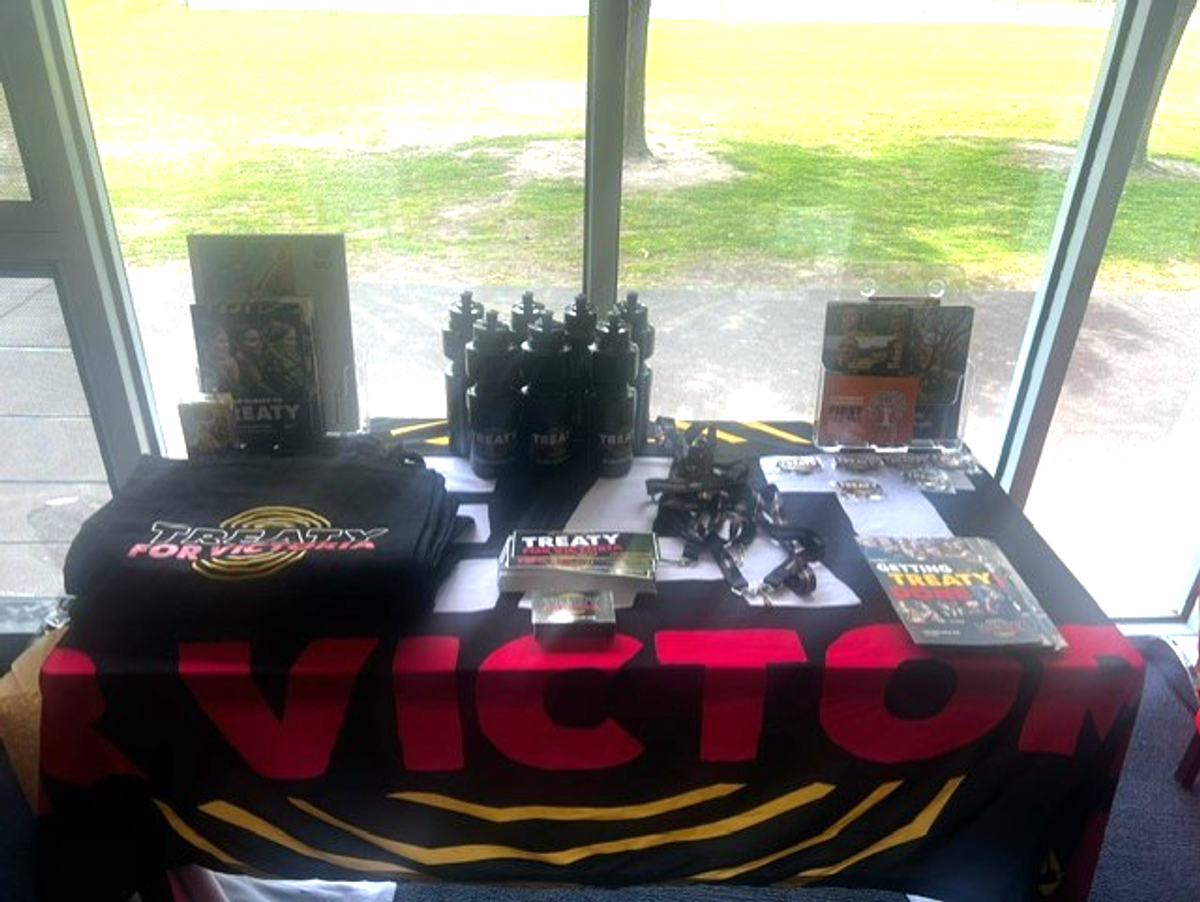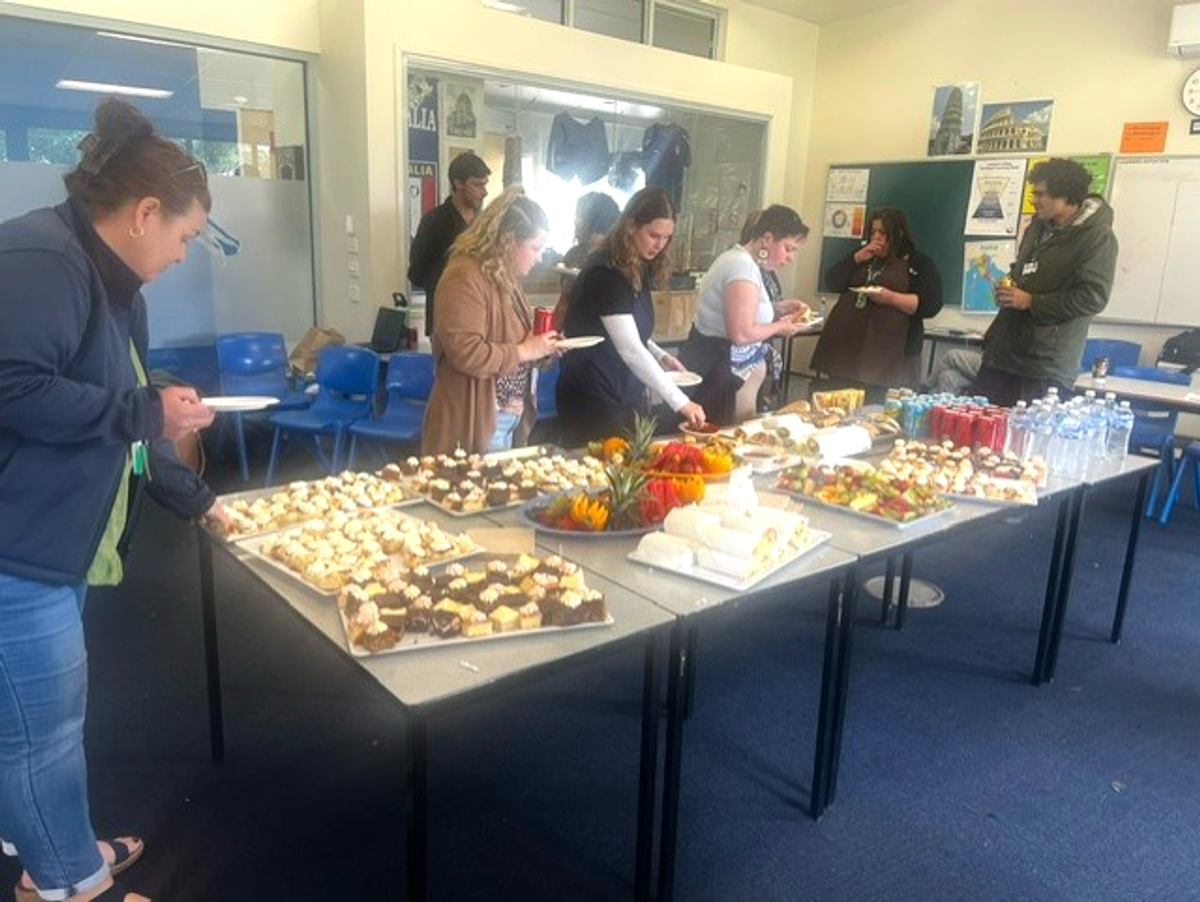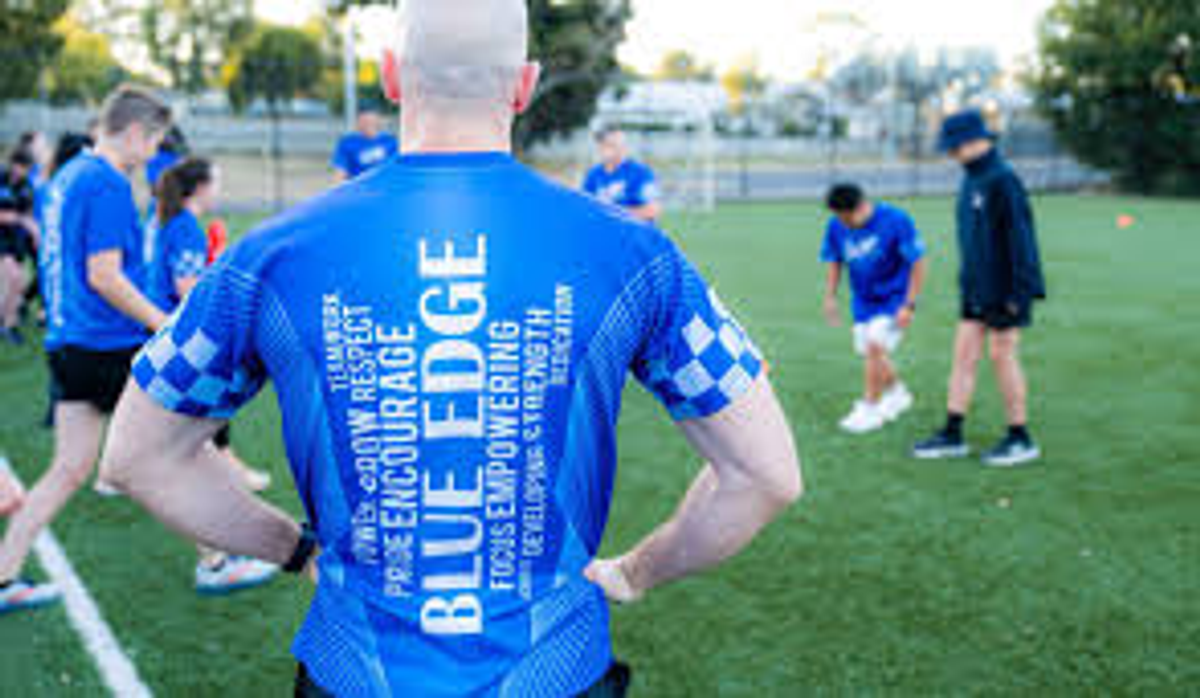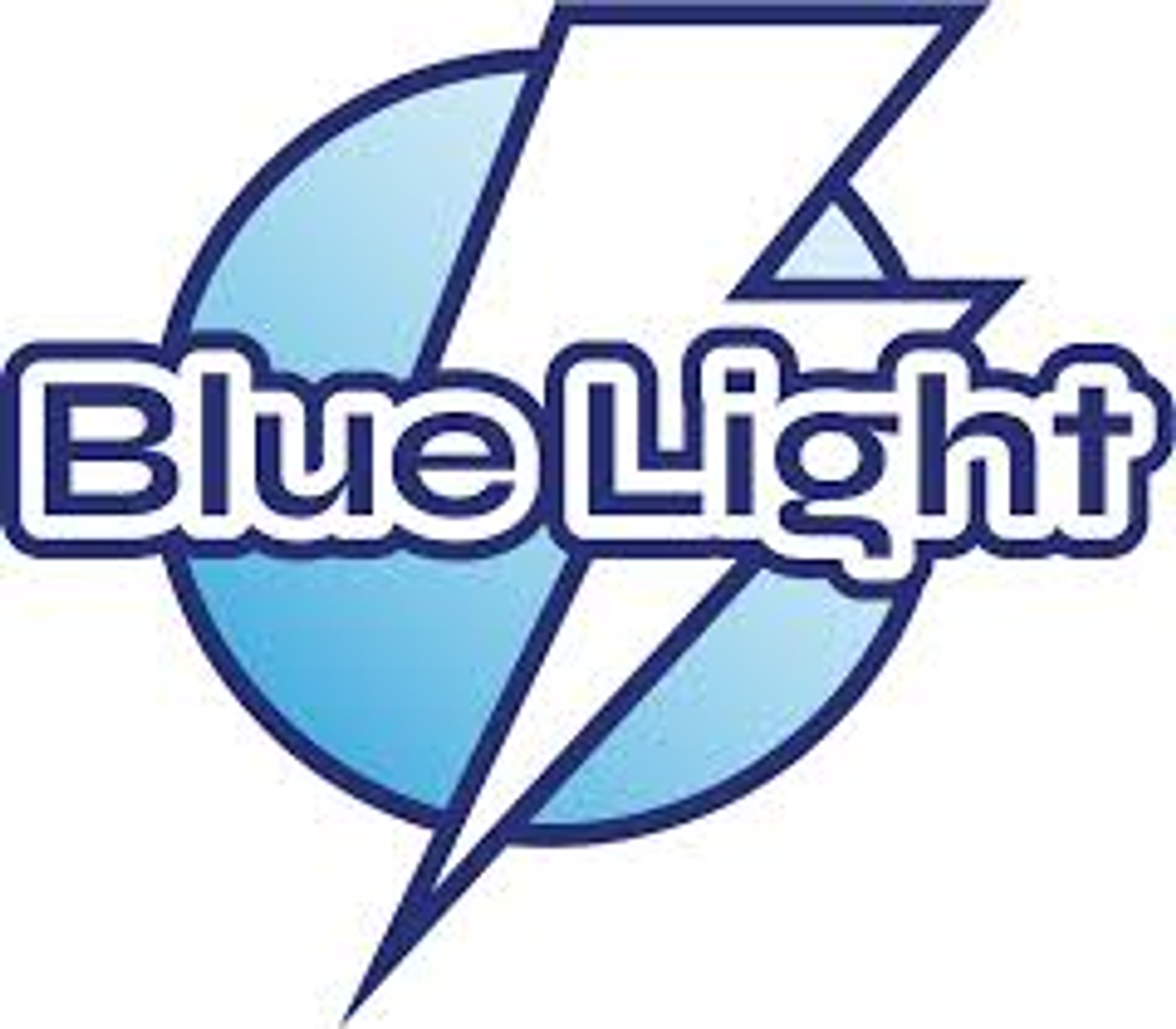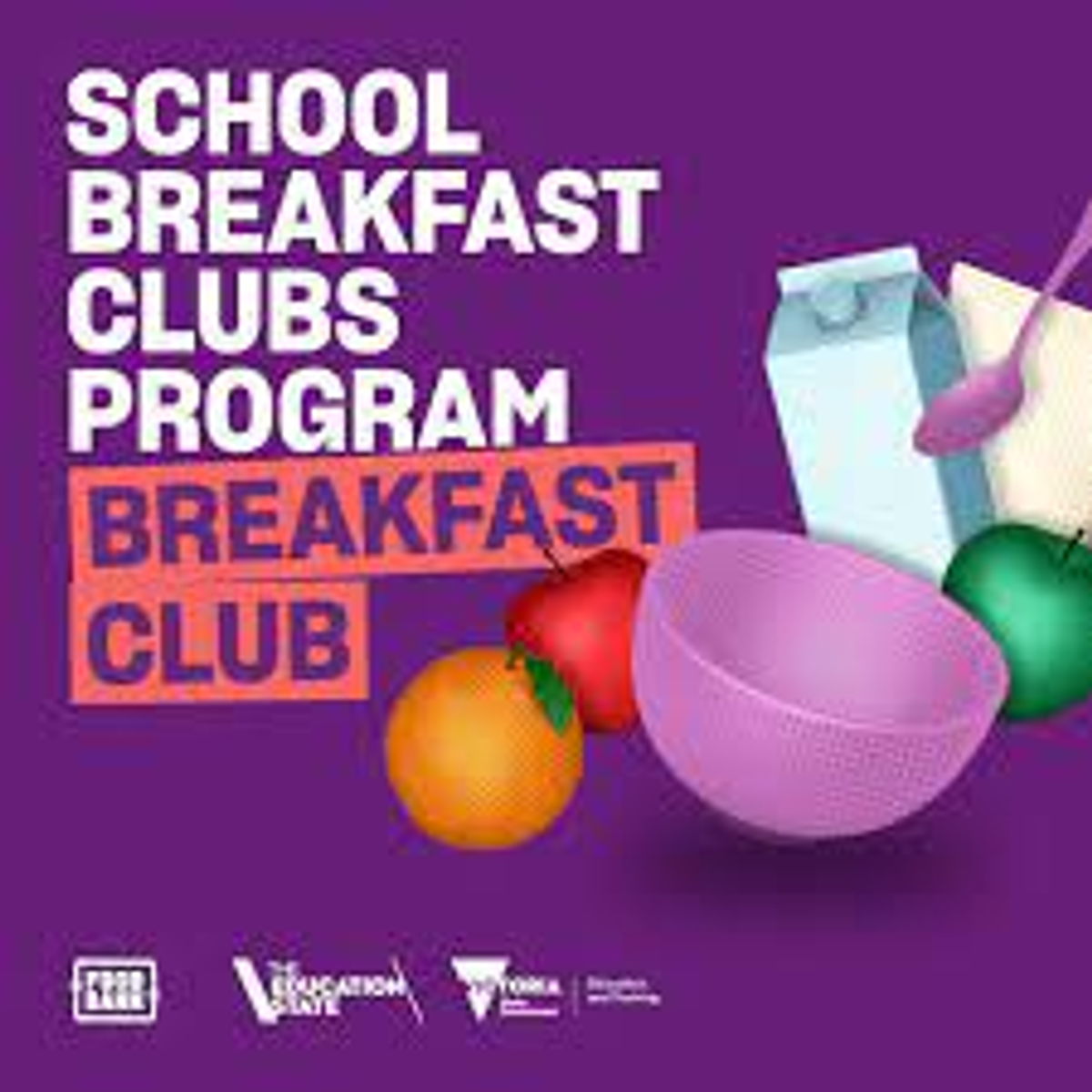Wellbeing Update

Inclusiveness at Lowanna
Support for our Indigenous Community
Koorie Excursion
In week 2 some of our Koorie students participated in an outdoor journey camp at Wilsons Prom. The students were challenged in the outdoor environment with lots of hiking, surfing and canoeing. The students learnt how to set up tents and to cook in the outdoors. This opportunity helped our students develop teamwork and leadership skills and connected them to their country and culture. The collaboration with Rubicon Outdoor School is a rewarding and wonderful experience for our students. They all returned sore and tired, but also a lot closer with each other as a group with a renewed interest in learning more about their heritage.
Koorie Leaders Workshop
Yesterday we proudly hosted a workshop for emerging young Koorie leaders from across Gippsland. Many high schools from the region and guests enjoyed some inspiring speeches from local successful Koorie leaders and were able to connect with each other and enjoy some delicious food catered by our onsite cafe. We look forward to continuing this program for the benefit of our students, current and future.
Our LGBTIQA+ Community
Unfortunately, our college nurse, Bernice, has moved on to another role within the Department of Education for the remainder of 2024 and all of 2025. We are in the process of looking at replacements for Bernice during this time.
Bernice has been instrumental in supporting our students from the LGBTIQA+ community, meeting with them weekly at lunch time and supporting student individual needs.
We want to ensure parents, carers and students that we will continue to support all students from diverse groups during the time that we find a new student nurse.
General Wellbeing Information
Live4Life
This term, all Year 10 students are participating in the Teen Mental Health First Aid course as part of our Live4Life commitment across Latrobe. The Year 8 students completed this last term and were recently awarded their certificates.
This course is a key to student education about how to help a friend in need by identifying signs of poor mental health and when a peer is struggling. In 2025, the college will participate in a major Live4Life Launch with other Latrobe Secondary Schools and support agencies including Victoria Police, GCASA, Headspace, Ramahyuck, Youth Space, Quantum, LCHS, Centre for Multicultural Youth, YSAS and other professionals in our area. I will be attending a Strategic Planning Live4Life meeting with our Acting College Principal, Julia Niamh, at the end of November. This will be a great opportunity to look at how far Lowanna College has come in this work and where we can support this initiative further.
During November and December, I will be joining Michael Naughton to facilitate some Youth Mental Health First Aid courses for our staff.
School Refusal
There are several reasons that students refuse to come to school. These may include:
- Mental Health Issues: Anxiety, depression, or stress can make attending school overwhelming.
- Bullying: Experiencing bullying can lead to avoidance of school environments.
- Academic Pressure: Fear of failure or high expectations can create significant stress.
- Family Issues: Problems at home, such as instability or lack of support, can affect attendance.
- Learning Disabilities: Undiagnosed or unsupported learning challenges can make school feel unmanageable.
- Lack of Engagement: If students find the curriculum uninteresting or irrelevant, they may lose motivation to attend.
- Health Concerns: Physical health issues or chronic illnesses can hinder regular attendance.
- Social Factors: Friendships or social dynamics can influence a student's desire to attend school.
How can we support adolescents who don’t want to attend school?
Firstly, school refusal and social anxiety require a compassionate approach. Some key strategies to support are:
- Provide a supportive environment: Using safe and non-judgmental communication, validating their feelings and problem solving with your child’s participation.
- Gradual exposure to school: It might be acceptable to start your child back at school on a reduced timetable initially. This should be done in agreement with school staff and reviewed shortly after. The aim is to get your child to school full time as soon as possible.
- Address the social anxiety: Contact the school Wellbeing Team to discuss strategies for supporting your child. They can assist with short term intervention, such as relaxation and mindfulness techniques. Your child may benefit from additional support such as a referral to the schools Mental Health Practitioner OR seeing a professional externally.
- Encourage positive friendships: Your child’s peers can contribute to a successful return to school. Encourage your child to engage in social activities with their peers which can help to reduce social anxiety and increase a sense of belonging.
- Staying connected to school through technology: If your child is on a reduced timetable due to struggling with physical attendance, speak to the school about having work provided on Compass – this is only a short-term option as it is important that we aim to get your child back into the physical space.
- Celebrate the wins no matter how big or small: Acknowledge all progress. Let your child know that any progress is a positive step forward.
Adolescent Mental Health Supports:
- HEADSPACE, Morwell – 5136 8300 OR 1800 650 890
- LIFELINE – 13 11 14
- LIFELINE TEXT – 0477 131 114 (6pm to midnight)
- KIDS HELPLINE – 1800 551 800
The first point of call if your student is refusing to attend school is to contact the college to discuss options for your student.
Blue EDGE Program
The Blue Edge program continues to run in Term 4. Blue EDGE (Educate, Develop, Grow, Empower) is a well-established fitness based experiential learning program run by Blue Light Victoria in partnership with Victoria Police, combining physical training, personal growth and life skills. The program covers a range of topics including:
- Communication and Teamwork
- Diversity
- Healthy Decision Making
- Mental Health and Wellbeing
- Alcohol and Other Drugs
- Safety in the Community
The program ends with a reflection about what the students have gained from participating.
We will be liaising with Mini Schools in the coming weeks to consider students to participate in this program in 2025.
Breakfast Club
A reminder that Breakfast Club is available Monday to Friday from 8am to 8.30am. We encourage students who have not had a bite to eat to come along and get some toast and a hot milo. A healthy breakfast is just the thing we need to help us start the day well.
We are looking for anyone who would like to volunteer their time to help the Breakfast Club Team on the days we provide Breakfast Club. Please let the Wellbeing Team know if you’d like to help. We are also looking for donations of Milo and cheese. Any donations can be given to the General Office or Wellbeing. Thank you.
Paul Fry
Wellbeing Leader
